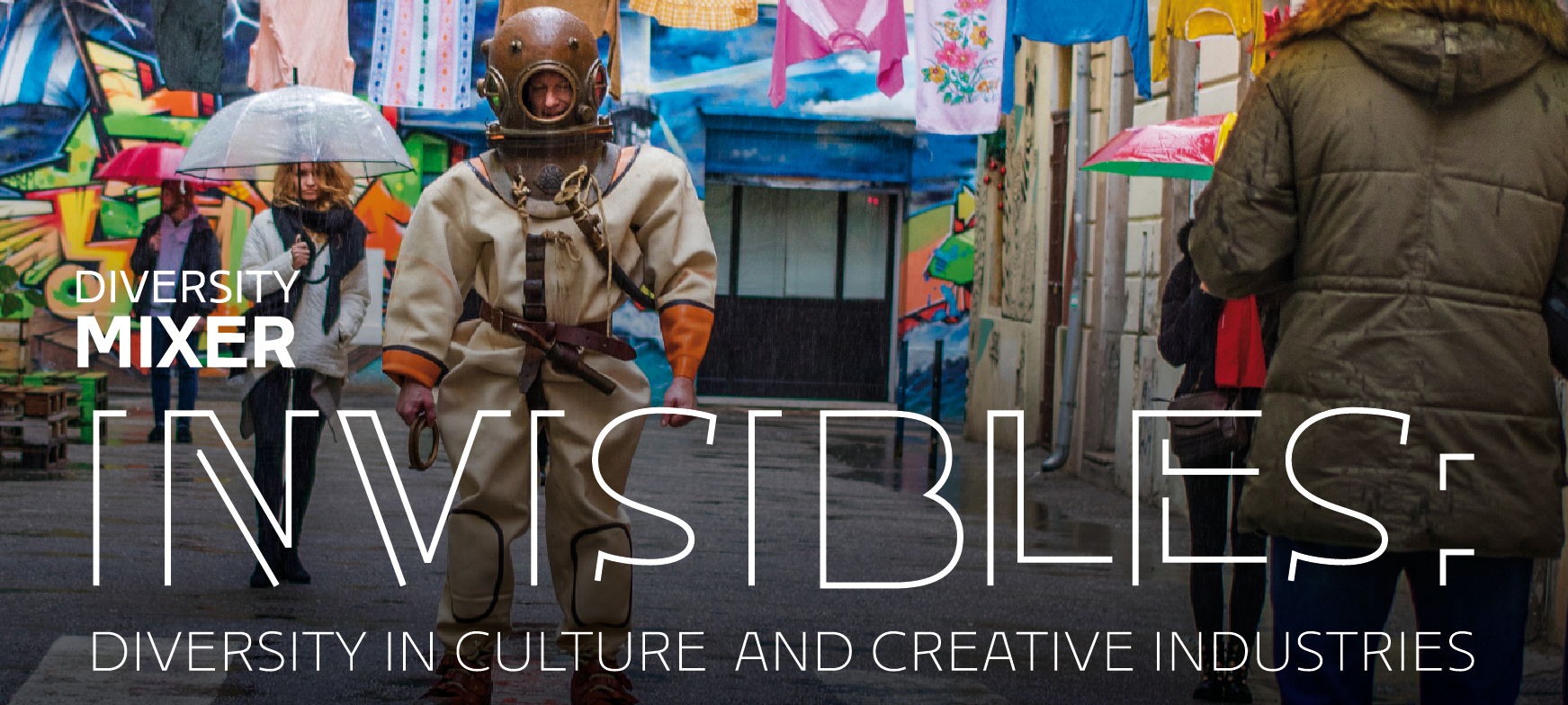Cultural and creative industries encompass a wide area which besides traditional artistic areas – performance and visual arts and cultural heritage, include film and video, television and radio, new media, video games, music, books and print, architecture and design, that is, all branches which use culture as their basic material and whose “products” and processes have a cultural dimension. A lot is expected from cultural and creative industries and, in different European countries, a lot is invested in them – primarily within the context of their economic value, growing share in the gross domestic product and their presumed significance for the development of cities. For others, these industries are comprised of areas of extraordinary public interest – because they form the way we see the world, create narratives about ourselves and others around us.
Besides the inherent conflict in the “industries” themselves, that is, the conflict between the commodification and commercialization of programs which are by their nature public, that is, non-profit, the recent debates, and also creative-cultural practices, show that the gravity center of the debate moves towards “diversity”, sometimes only at the level of the appropriate buzzword that is adapted to European financing, and most often in the context of equal opportunities in employment, and consequently, in the context of equal payments in the sector.
Diversity in its narrow sense, as well as the value of inclusivity or the lack of any form of discriminatory practices, in cultural and creative industries can mean identity diversification of the creators themselves, in such manner that all of those who were traditionally excluded from the cultural and creative production are included in it. On the other hand, from the point of view of the users, that is, the audience, diversity is mostly related to the availability of goods and services to wider segments of population.
Diversity can at the same time be more than a liberal imperative, more than the corporative exploitation of “different ones” in marketing niches. We understand diversity as a precondition of quality in CCIs, whose full potential can be achieved only by systematic inclusion of faulty and risky creators.
About 30 domestic and international cultural and creative practitioners will participate to the conference and through keynote lectures, panels and presentations of their own works, will offer their own understanding of diversity – in theory, film, old and new media, performing arts, music, video gaming…
The working language of the conference is English. Participation is free, with mandatory registration.
Rijeka will bear its title as European Capital of Culture under the slogan Port of Diversity. Diversity mixer is an attempt to situate this diversity in the area of cultural and creative industries and to give it a specific expression in policies and practices of diversity management.
The conferenced is realized as part of the project Diversity mixer that is financed by the European Union Rights, Equality and Citizenship Programme (2014-2020) and is implemented over the period of two years (October 2018 – October 2020). It is jointly implemented by RIJEKA 2020 llc. and the Academy of Applied Arts of the University of Rijeka, in cooperation with the Croatian Business Council for Sustainable Development as an associated partner.
